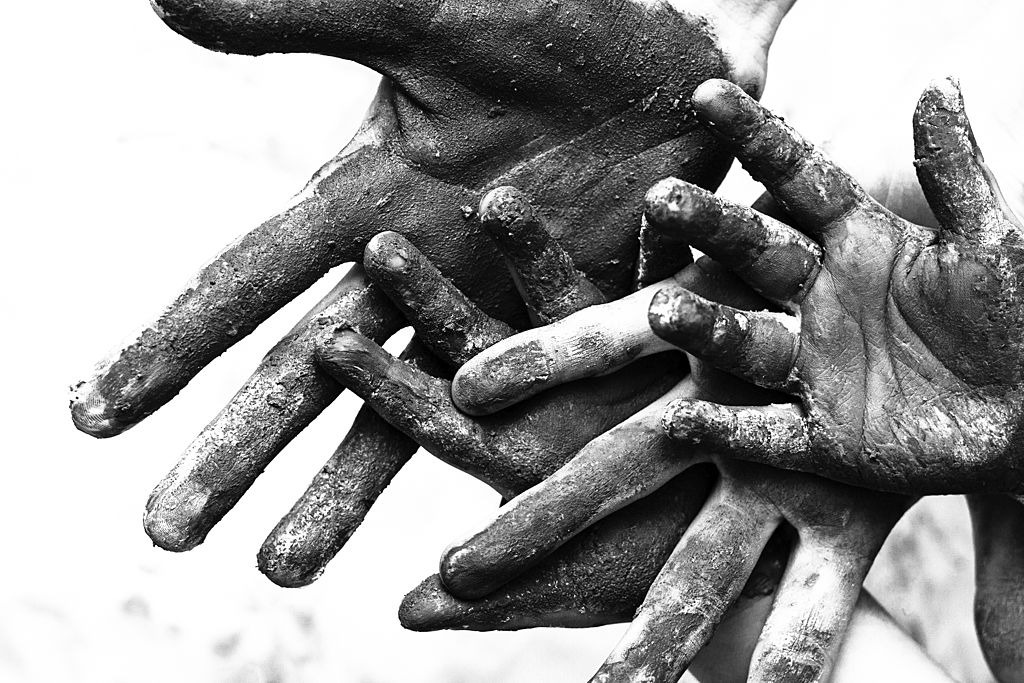The present study is considered significant, as it will provide information on the incidence and level of involvement among secondary school students in child labour in the central senatorial district of Cross River State, as well as some factors/ which help to influence this practice. It would further reveal how child labour affects or influence the academic performance of secondary school students. Information on the incidence will sensitize the family/guardians and relevant policy-makers to the magnitude of child labour as and the psychological effect it exerts to study. Furthermore, the study would review the pattern of relationship between child labour, and the academic performance of secondary school students. If it is found out that child labour has adverse effects on the academic performance of secondary school students, parents may be told sufficiently to withdraw children from such activities. This same information will sensitize the government to formulate laws to curb the excesses of child labour and make it compulsory for parents/guardians to send their children/wards to school. RESEARCH DESIGN: This survey research was aimed at investigating the incidence of a particular aspect of child abuse, called child labour, among secondary school students in the central senatorial district of Cross River State of Nigeria, the survey design was deemed appropriate because, according to Denga and Ali, (1998), in survey studies, “Subjects are observed in their natural setting”. The present study involved fact-finding regarding the incidence of child labour in relation to the academic performance of secondary school students who engaged in the activities and those who do not. Again, the researcher decided to choose the survey method, as it is economical in the sense that a study of a representative sample will permit the generalizations to populations that would be too expensive as a whole.
RESEARCH AREA:
This study was confined to the central senatorial district of Cross River State. Cross River State is one of the thirty-six (36) states that made up the Federal Republic of Nigeria. It is located in the Southern part of the country. The state is made up of eighteen (18)” local government areas and is divided into three (3) senatorial districts namely, North, central and south senatorial districts. Central Cross River as the name implies, occupies the central position of the state with six(6) local government areas, i.e. Abi, Boki, Etung, Ikom, Obubra and Yakurr local government areas. The district is bounded to the north by Ogoja, Obudu and Obanliku Local Government areas; the Republic of Cameroon to the East, Ebonyi state to the West and to the South, by Biase and Akamkpa Local Government Areas. Central Cross River has a total population of 677.993. Males are 338575 while 339418 are females (1991 National Population Census figure). The major occupation of the people is peasant farming, trading, and fishing with a few in the civil service.
SUMMARY OF THE FINDINGS: 1. The level of students’ involvement in child labour is significantly dependent on the socio-economic status of their parents. 2. There is a significant relationship between child labour and the academic performance of secondary school students in the area of study. Compared with their counterparts who do not engage in such activities.
In case you missed the previous post (part 1 of this post)








